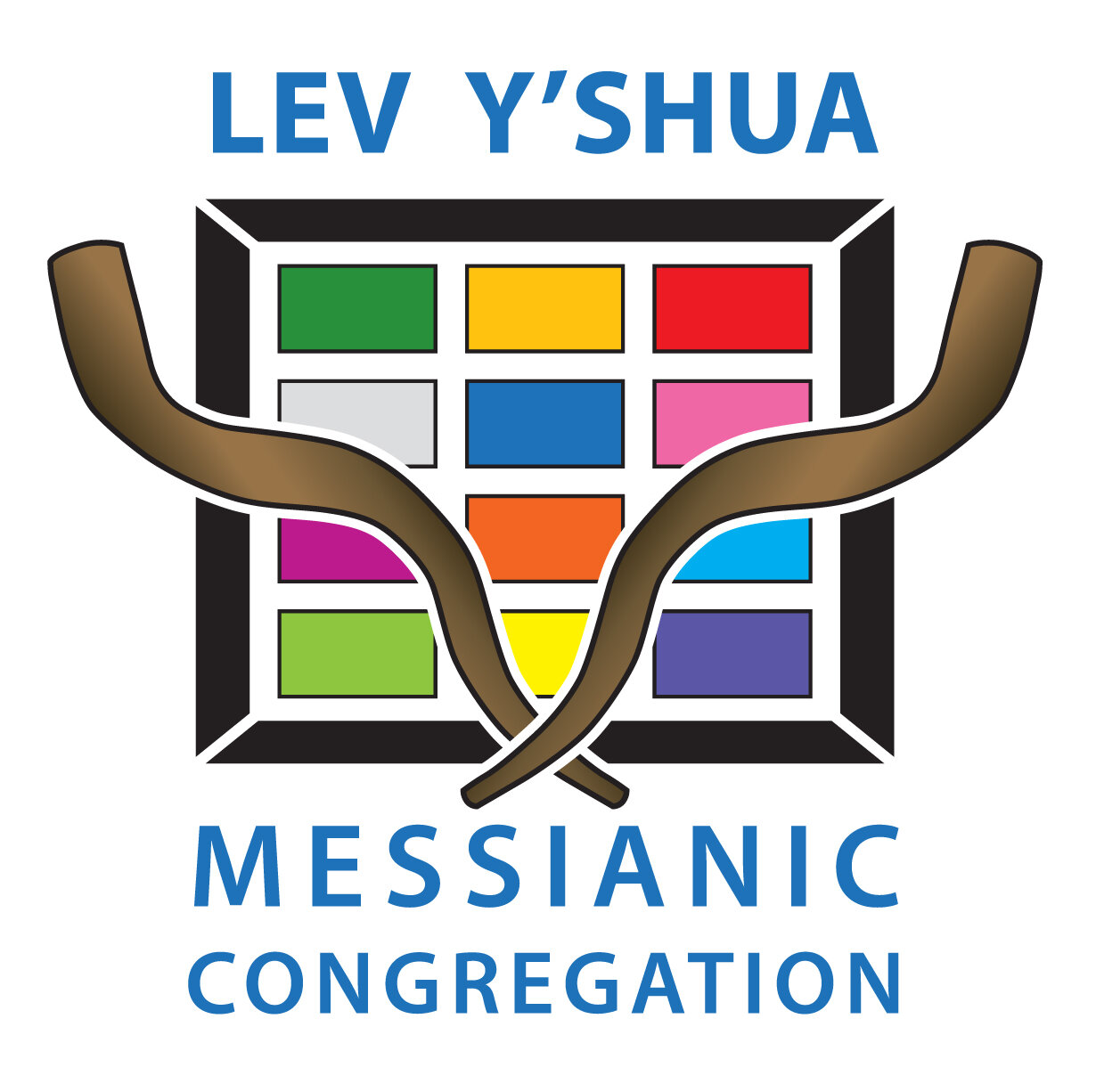Christ and Christmas
Let us consider the annual event called Christmas and “the most wonderful time of the year”. This will not be your typical holiday article and you might even decide that I am a Grinch when you conclude reading this. So be it, but please consider what I'm about to share and how it might impact your observance going forward.
I like to ponder and write about matters of faith, because, you see, we all live by faith. In Central PA, where I currently live, we tend to exhibit a more religious tone with regard to life, as is evidenced by the high number of church buildings which distinctly define our landscape. Additionally, there are always church sponsored functions going on somewhere. Yet, even those who would not recognize religion or church as having a place in their lives operate by faith. If you do not believe in God, you believe that this life is all there is, and that, my friends, is also walking by faith. As such, it is my estimation that the core driver of the human experience is faith. Thus I find it interesting to observe and write about.
So now, what about Christmas? Regardless of how a person shakes out on their faith walk, most people participate in this annual event in one form or another. Yet, where did this custom come from? How did it originate, and if you follow the God of Abraham, Isaac and Jacob, should you even be participating in this ritualistic observance to begin with? I ask this question because when you understand the pagan origins of this event and overlay the fact that we were never instructed to observe the Messiah's birthday in either the Old or New Testaments; it seems to me that distancing ourselves from this event might actually be what The Almighty wants!
There are many sources of information regarding the origins of this tradition, but to sum it up, it’s Babylonian sun god worship packaged in modern attire.
Nowhere in scripture is Christmas mentioned. We do not see this tradition observed in either the Old or New Testaments. It, in fact, was observed as a pagan festival for centuries prior to the Christ child being born. According to the Encyclopedia Britannica, the English term Christmas (mass on Christ’s day) is of fairly recent origin. The earlier term Yule may have derived from the Germanic jōl or the Anglo-Saxon geōl, which referred to the feast of the winter solstice. Britannica goes on to say that during the first two centuries of Christianity there was strong opposition to recognizing birthdays of martyrs or, for that matter, of Jesus. Numerous Church Fathers offered sarcastic comments about the pagan custom of celebrating birthdays when, in fact, saints and martyrs should be honored on the days of their martyrdom—their true “birthdays,” from the church’s perspective.
It is interesting to note that when the Puritans, who were noted for their piety, arrived in the new world, they shunned all observance of this day and because of this, Massachusetts outlawed Christmas for twenty-two years, from 1659 to 1681. As a whole, the holiday didn't really begin to take hold here until the 1830's.
The origin of this particular date being selected as the day to observe Christ’s birth, is that December 25th was the Christianizing of the dies solis invicti nati (“day of the birth of the unconquered sun”), a popular holiday in the Roman Empire that celebrated the winter solstice as a symbol of the resurgence of the sun, the casting away of winter and the heralding of the rebirth of spring and summer (Britannica). The Christianizing of pagan festivals is called syncretism, which is the blending or union of different or opposing principles and practices. This is something we are warned against time and again in the Bible. Ultimately, this is the last day of the year on which The Christ Child would be born, so as not to be associated with pagan traditions!
Most of the decorations that accompany this observance have their origins in pagan symbolism as well (no surprise here). Some sources indicate the tree as an adaptation of the worship of Asherah spoken of and forbidden in the Bible (see Duet 16:21). It is interesting to note that on this point the Bible is not silent as Jeremiah (chapter 10) states; “Do not learn the way of the nations (those who do not know The LORD), for the customs of the peoples are futile; for one cuts a tree from the forest, the work of the hands of the workman, with the ax. They decorate it with silver and with gold; they fasten it with nails and with hammers so that it will not totter.” Of course, today we don’t nail our trees to floors, that I’m aware of, but we do a pretty good job of keeping them from tottering!
Now, many will say; well that's not what Christmas means to me. May I gently respond; that if you are truly a God follower, then it doesn't matter what it means to you. Honestly. What matters is what it means to The Almighty. Consider the account in the Old Testament where Moses was on Mount Sinai with God for a long time. The people in the camp below were getting impatient with him and decided to build a golden calve to worship. When the calve was ready, Aaron pronounced a feast to be held in honor of The LORD yet using the calve as their focal point of worship. Essentially, the Israelites were worshiping God, but mixing pagan practices into their expression of worship (syncretism). What was The Almighty's response? Did He say to Moses, oh, look at the people, they are a little confused in how they worship me, but I know their hearts are in the right place? Not exactly...He wanted to wipe them off the face of the Earth; He was so wroth with them. Moses interceded, and still 3000 people died that day due to their egregious error.
Christ himself, whom is “celebrated”, talked about a group of people who worshiped Him, but in vain because of their manmade traditions. In Mark, chapter 7 we read; ‘In vain do they worship me, teaching as doctrines the precepts of men. Neglecting the commandment of God, you hold to the tradition of men.” He was also saying to them, “You are experts at setting aside the commandment of God in order to keep your tradition.
So, what's one to do if the decision's been made to distance him or herself from this tradition due to its pagan origins? There is a time of year that seems to lend itself more fully to the possibility of Y’shua/Jesus’ birth. That is the feast of Sukkot which is spoken of in the Bible. It is celebrated in the Fall and is also referred to as the feast of Tabernacles, wherein the Almighty commands His people to dwell in booths for eight days. It's interesting to note that Emanuel means God with us and that in other places it is written that He came to tabernacle (or dwell) with us. With this line of thought, Jesus would have been born on the first day of the Feast of Tabernacles and circumcised (as the Israelites are instructed to do, eight days after birth) on the eighth and final day of the Feast. From a Biblical point of reference, this makes a lot more sense than a date that coincides with a pagan festival. It's interesting to note as you view the three sided booth which is constructed for this feast, it suspiciously looks a lot like the typical Nativity display we are accustomed to seeing.
When we celebrate these feasts, we are commanded to not come empty handed. Sounds like a gift or two may be in vogue here! Switching your celebration is not hard to do. Folks all across this great land of ours and around the world are now plugging into the reality of this incredible celebration. We've made the switch and I need to tell you, it is delightful to spend eight wonderful days among family and friends, feasting and enjoying one another’s company. In addition, you'll find yourself a lot more relaxed this time of year!
So, the next time someone says we need to keep Christ in Christmas, you now know He wasn't there in the first place!
By Mark Ostrowski

